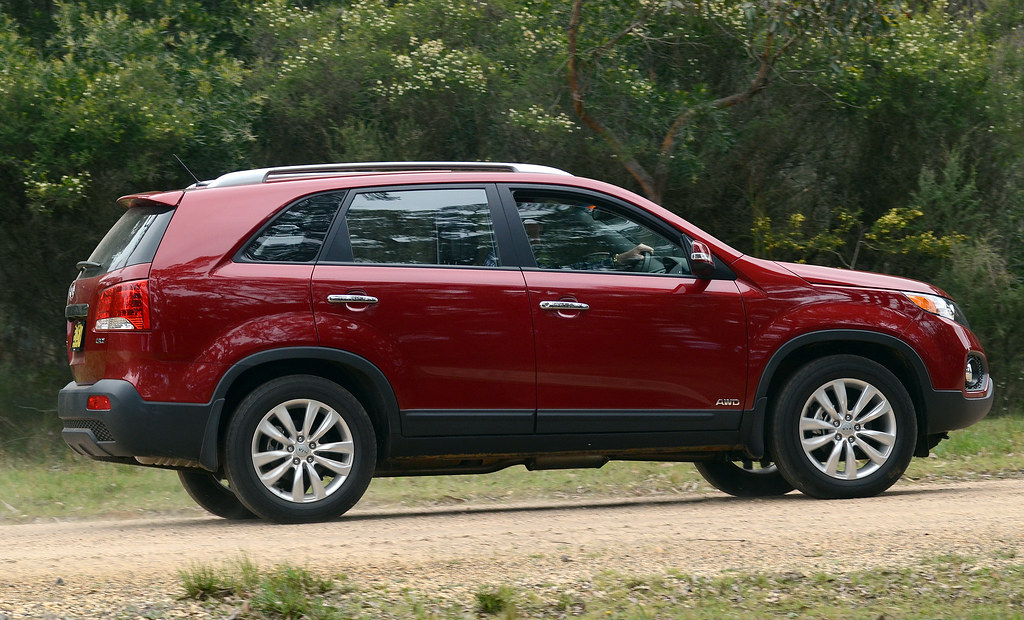
Understanding common car maintenance myths can help you save time, money, and unnecessary stress, so let’s dive into the first five misconceptions you may be holding onto.

1. **You Should Always Repair Instead of Replace**: There’s a common belief that fixing your car is always the better option. However, if the repair costs surpass the car’s current value, say goodbye to that car. Understanding the financial implications is crucial. Knowing your car’s value through platforms like Kelley Blue Book can help determine whether repairs are worthwhile or if it’s time for an upgrade.

2. **Repair Costs Are Always Fixed**: Mistakenly, many think that repair costs remain constant over time. In reality, they can fluctuate based on various factors including vehicle type, market conditions, and even the mechanic you choose. Get multiple quotes to ensure you aren’t overpaying for repairs. Remember, some costs may be lower at independent shops compared to dealerships.

3. **Frequent Repairs Signal a Bad Car**: It’s a common belief that a car requiring frequent repairs is a lemon, but many popular models, like Toyota and Honda, may actually require more upkeep despite their reputation for longevity. Knowing the reliability of your specific make and model can help you approach maintenance more proactively and effectively.

4. **All Repairs Are Urgent**: Just because your mechanic points out issues doesn’t mean every one of them needs immediate attention; many repairs can be budgeted and scheduled according to their urgency. For instance, while brake replacements should be tackled right away, some minor cosmetic fixes can be addressed later, allowing you to better manage your finances without unnecessary stress.

5. **If It’s Not Broken, Don’t Fix It**: While it’s tempting to follow the old saying, this doesn’t hold true in all cases; regular preventative maintenance is essential to extend your vehicle’s lifespan. Ignoring small issues can lead to more significant problems down the line, so creating a proactive maintenance schedule can actually save you money and keep your vehicle performing at its best.

6. **Insurance Rates Are Universal**: Many car owners believe that insurance rates are uniform across the board. However, insurance premiums can differ dramatically based on factors such as driving history, location, and even the type of car you drive. Certain vehicles are considered high-risk due to their performance capabilities, which can lead to higher premiums. It’s important to shop around and compare quotes from different insurers to find the best deal tailored to your specific circumstances.

7. **You Have to Buy from a Dealership**: Some people think they must buy cars exclusively from dealerships to get reliable vehicles. This is a misconception! Private sellers often offer good deals on well-maintained cars without the overhead costs associated with dealerships. Researching the vehicle history and having a trusted mechanic check the car can lead to a great purchase experience. Don’t limit your options; sometimes, the best car deals are listed online or in local classifieds.

8. **All Maintenance is the Same**: Another frequent misconception is that every car maintenance task holds equal importance; however, while oil changes and tire rotations are essential, certain services hold higher criticality depending on your vehicle’s specific needs. For instance, timing belt replacements are crucial for engine health, whereas some fluid changes may be overemphasized, helping you prioritize your maintenance tasks more effectively.

9. **You Should Always Buy Extended Warranties**: Many people believe that purchasing an extended warranty is a no-brainer for security, but this isn’t universally true. With varying reliability ratings, you might find that saving for potential repairs instead of spending on a warranty could be more economical, so it’s wise to weigh the coverage options before making a decision.

10. **High Fuel Prices Always Mean a Costly Car**: There’s a widespread belief that high gas prices make car ownership a burden, but the market is filled with fuel-efficient options that can alleviate this concern. Investing in a hybrid or electric vehicle can help reduce fuel expenses significantly, allowing you to save money while also contributing to a greener planet.

11. **You Can Skip Routine Maintenance**: A dangerous myth is that you can forgo routine maintenance if your car seems to be running fine. This can lead to catastrophic failures down the road. Regular inspections and maintenance keep your vehicle running smoothly and can catch potential problems before they escalate into costly repairs. Staying proactive with maintenance schedules is key to vehicle longevity.

12. **DIY Repairs Are Always Cheaper**: While many car owners embrace the do-it-yourself spirit, it’s essential to understand that not all repairs are suited for amateurs. Some repairs require specialized tools or expertise that the average car owner may not possess. Attempting complex repairs without proper knowledge can lead to mistakes that may cost more in the long run. Sometimes, it’s best to leave it to the professionals for your safety and your car’s well-being.
13. **Cars Are Always a Good Investment**: The idea that cars serve as solid investments can be quite misleading; while classic cars can appreciate over time, the majority of vehicles lose value quickly once sold. Understanding how depreciation works for different makes and models is essential, allowing you to view your car primarily as reliable transportation rather than a financial asset.

14. **It’s Okay to Ignore Warning Lights**: One of the most dangerous myths is the belief that you can safely ignore warning lights on your dashboard; it’s crucial never to overlook signals like the oil pressure or check engine lights. By addressing these warnings promptly, you can prevent more serious damage and costly repairs, so always take dashboard alerts seriously and seek professional help as needed.

15. **You Can Wait for Repairs Until It’s Convenient**: Many drivers believe they can postpone repairs until it’s more convenient for their schedule. However, delaying essential repairs can lead to more extensive damage and higher repair costs later on. Prioritizing repairs based on urgency and necessity is vital to maintaining your vehicle’s safety and reliability. Don’t push repairs to the back burner; address them as soon as possible.

Navigating the complex world of car maintenance and pricing can be daunting, but tackling these widespread misconceptions is a smart first step. When car owners are informed, they can make savvy choices that benefit their finances and extend the life of their vehicles, highlighting the importance of accurate knowledge in optimizing car ownership and ensuring top-notch performance.
Related posts:
How to Decide if You Should Repair or Replace Your Car
Car Maintenance: Costs, Recommendations, and Debates
On Your Side Podcast: Car Maintenance Myths Debunked






